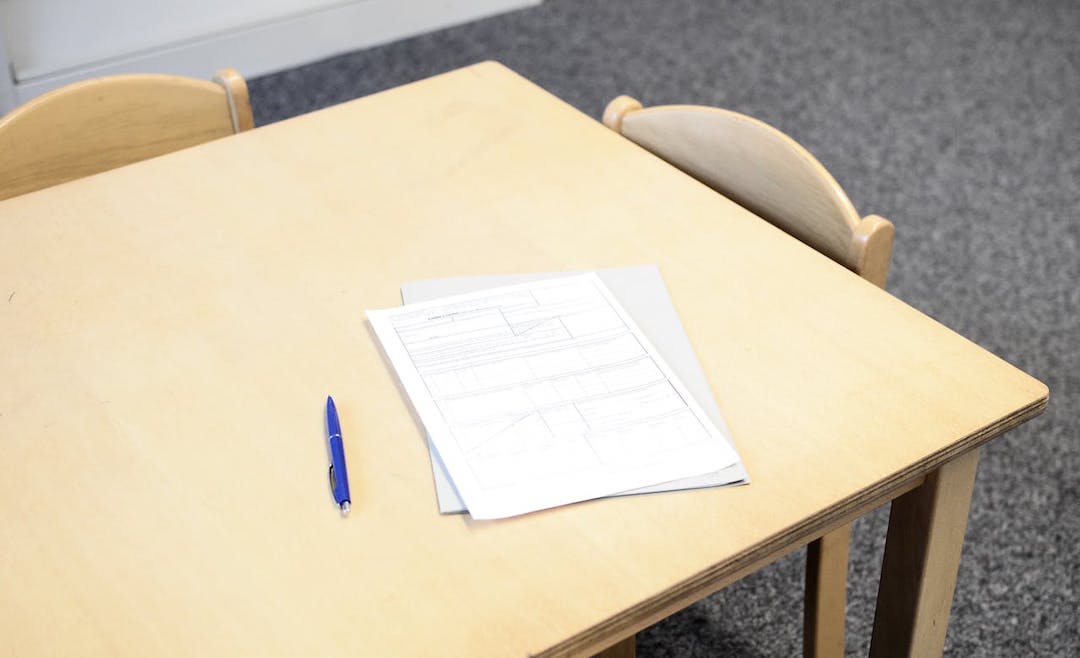If you're thinking of becoming a pharmacy technician, you may have come across the terms registered pharmacy technician and certified pharmacy technician.
While both of these titles describe someone who handles medications under the direction of a pharmacist, the terms registered and certified mean different things.
Registered pharmacy technicians have submitted their information to their state board of pharmacy intending to work as pharmacy technicians. They typically must pass a background check and drug screening test before they can be registered with their board of pharmacy and allowed to work as a pharmacy technician.
Certified pharmacy technicians have completed a pharmacy tech training program and passed a certification exam. Earning a certification means that someone met a minimum standard for knowledge and skills related to working as a pharmacy technician.
Often, pharmacy technicians are both certified and registered. Pharmacy technicians who want to be certified and registered typically complete a training course, sit for their certification exam, and then submit documents to their board of pharmacy to register.
This guide goes over the difference between being registered vs. certified, the requirements for pharmacy technicians, and the best way to meet those requirements.
Registered vs. Certified Pharmacy Technician
If you want to become a certified pharmacy technician, you will need to complete a training program and then pass a certification exam.
If you want to become a registered pharmacy technician, you simply have to visit your state board of pharmacy website and fill out an application.
Every state has different pharmacy technician requirements. Some require only registration while others require certification and registration. A few states have no requirements for pharmacy technicians and others still require certification only.
Registered Pharmacy Technician
Registered pharmacy technicians are people who have submitted an official request and paperwork required to work as a pharmacy technician in their home state. Note that, in the context of pharmacy technicians, the terms “licensed” and “registered” are often used interchangeably.
Registered pharmacy technicians may or may not have completed specific pharmacy technician training.
Becoming a registered pharmacy technician only requires submitting information to a specific state board of pharmacy including name, address, Social Security number, and date of birth.
In addition, registered pharmacy technicians have usually passed a background test and drug screening. Some states do require pharmacy technicians to earn their certification before submitting a request to become registered.
States that require a pharmacy technician to be licensed/registered include:
- Alabama
- Alaska
- Arizona
- Arkansas
- California
- Colorado
- Connecticut
- Florida
- Georgia
- Idaho
- Illinois
- Indiana
- Iowa
- Kansas
- Kentucky
- Louisiana
- Maine
- Maryland
- Massachusetts
- Michigan
- Minnesota
- Mississippi
- Missouri
- Montana
- Nebraska
- Nevada
- New Hampshire
- New Jersey
- New Mexico
- North Carolina
- North Dakota
- Ohio
- Oklahoma
- Oregon
- Rhode Island
- South Carolina
- South Dakota
- Tennessee
- Texas
- Utah
- Vermont
- Virginia
- Washington
- West Virginia
- Wisconsin
Certified Pharmacy Technician
Certified pharmacy technicians have completed either a pharmacy technician program or at least 500 hours of supervised work as a pharmacy technician and passed a certification exam.
Pharmacy technician certification exams test the pharmacy technician’s knowledge of pharmacy law, drug interactions, potential allergic reactions, and how to avoid medication errors.
The most common certifications include the PTCB’s CPhT, which is recognized by all states that require certification, and the NHA’s ExCPT, which is recognized by most states, but not all.
States that require pharmacy technicians to earn their certification include:
- Arizona
- Colorado
- Idaho
- Illinois
- Iowa
- Kansas
- Louisiana
- Mississippi
- Montana
- Nevada
- New Mexico
- North Carolina
- North Dakota
- Oregon
- Pennsylvania
- South Dakota
- Texas
- Utah
- Vermont
- Virginia
- Washington
Do I Need to Be a Registered Pharmacy Technician or a Certified Pharmacy Technician?
Some states require pharmacy technicians to earn their certification and register with the state board of pharmacy. Some require certification only and some require only registration. A few states, such as Hawaii and Delaware, have no requirements at all for pharmacy technicians.
Pharmacy technicians who are required to earn a certification should ensure that they do not let their certification expire. Maintaining a pharmacy technician certification requires completing continuing education courses and paying a fee to either PTCB or NHA every two years.
How Stepful Can Help You Become a Certified Pharmacy Technician
Most states require pharmacy technicians to be certified and registered. If you are considering working as a pharmacy technician, Stepful’s Online Pharmacy Technician Program offers a fast and inexpensive option for getting prepared for the certification exam.
The program can be completed in just 12 weeks. We not only prepare you for your certification exam but also to have a successful career as a pharmacy tech.
The learning doesn’t end in the (virtual) classroom, either. All students are supported in finding an in-person externship to practice their skills.
After you’ve finished your classes, we offer career coaching to help you find a job and start working as soon as possible.




.svg)












